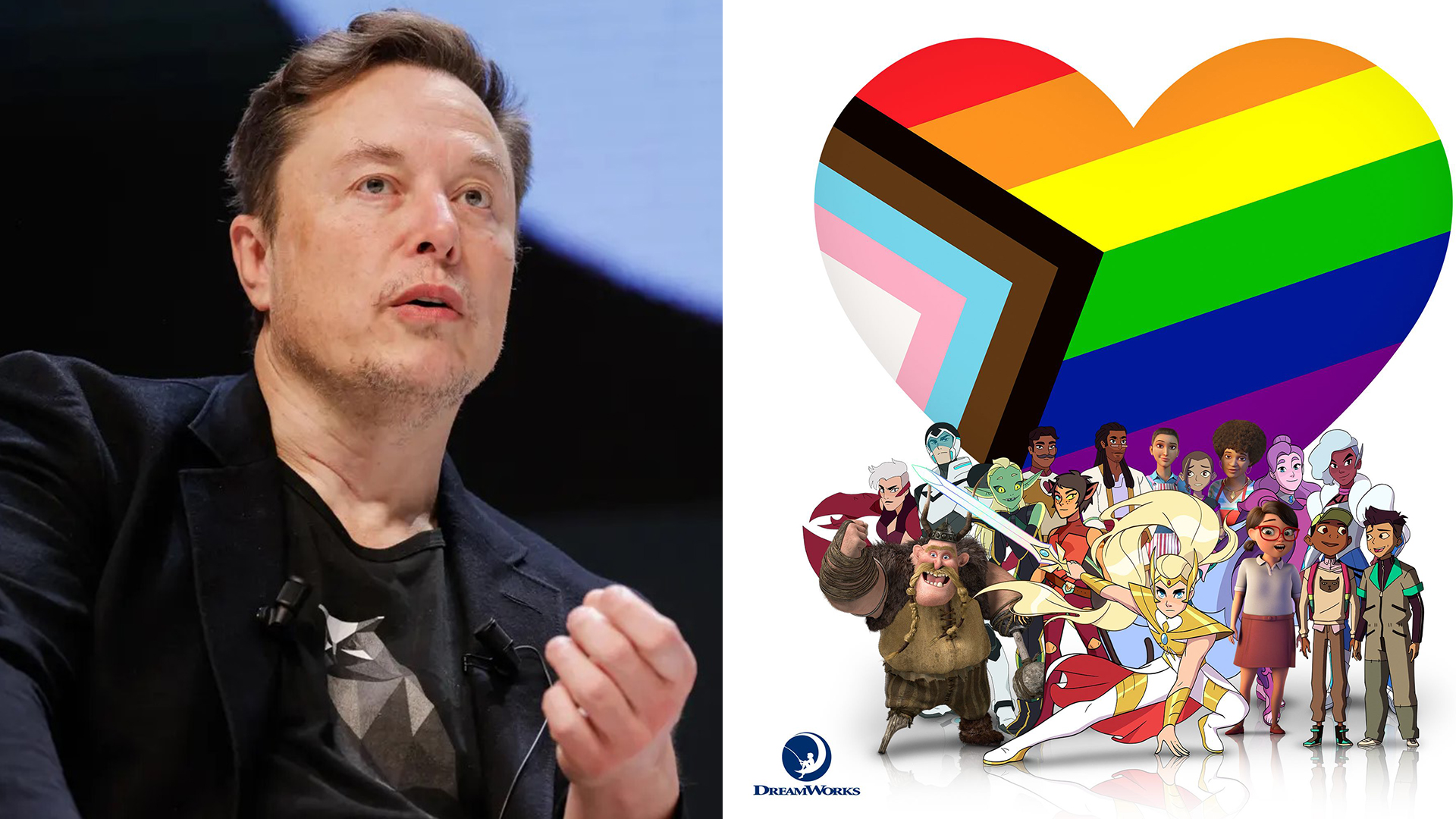In recent developments, Elon Musk has made headlines by banning DreamWorks Animation from his platform, X, citing the promotion of pride-related content as the reason for the decision. This move has sparked a mix of reactions, with some applauding Musk for his stance and others criticizing the decision as a form of censorship.
DreamWorks Animation, known for its popular animated films and series, had apparently incorporated themes related to LGBTQ+ pride into its content. This inclusion aligns with broader societal trends towards diversity and inclusion in entertainment. However, Musk’s decision reflects a contrasting viewpoint, highlighting tensions between corporate responsibility, freedom of expression, and the influence of platform owners.
The ban underscores the power that tech moguls like Musk wield over digital platforms and the content distributed through them. X, which hosts various forms of digital media, including films, series, and other content, serves as a prominent outlet for entertainment. By restricting DreamWorks Animation, Musk has effectively barred a major player in the animation industry from reaching X’s audience.
Critics argue that Musk’s decision sets a troubling precedent, suggesting that platform owners can dictate the type of content allowed based on personal beliefs or corporate policies. This raises concerns about the potential impact on creative freedom and diversity in storytelling, as well as the broader implications for LGBTQ+ representation in media.
Conversely, supporters of Musk’s ban argue that platform owners have the right to curate content that aligns with their values and the preferences of their user base. They contend that Musk’s decision reflects his commitment to maintaining X as a platform that adheres to specific standards or guidelines, which may include avoiding controversial or divisive topics.
The controversy surrounding Musk’s ban also touches on broader debates about corporate responsibility in the digital age. As technology companies become increasingly influential in shaping public discourse and cultural norms, questions arise about their role in promoting inclusivity, respecting diversity, and navigating sensitive social issues.
For DreamWorks Animation, the ban represents a significant setback in terms of distribution and audience reach. Being excluded from X limits the studio’s ability to showcase its latest projects and engage with a diverse global audience that accesses content through digital platforms.
In response to the ban, DreamWorks Animation has remained relatively quiet, with no official statement addressing the specifics of Musk’s decision. However, industry observers speculate that the studio may explore alternative distribution channels or digital platforms to continue reaching audiences interested in its content.
Meanwhile, reactions from the LGBTQ+ community and its allies have been mixed. Some view Musk’s ban as a form of discrimination or censorship against LGBTQ+ representation in media, arguing that such actions undermine efforts to promote visibility and acceptance. Others express disappointment but acknowledge Musk’s right to make decisions regarding the content featured on his platform.
Looking ahead, the implications of Musk’s ban on DreamWorks Animation and similar content creators remain uncertain. It raises questions about the future of content moderation, censorship, and corporate influence in digital media. As debates continue, stakeholders across the entertainment industry, technology sector, and advocacy groups are likely to monitor developments closely.
Ultimately, Elon Musk’s decision to ban DreamWorks Animation from X for promoting pride-related content underscores the complex intersection of technology, entertainment, and social values in today’s interconnected world. The fallout from this decision highlights ongoing challenges and debates surrounding digital platform governance, content moderation, and the evolving landscape of media representation.
NOTE: This Is SATIRE, It’s Not True
